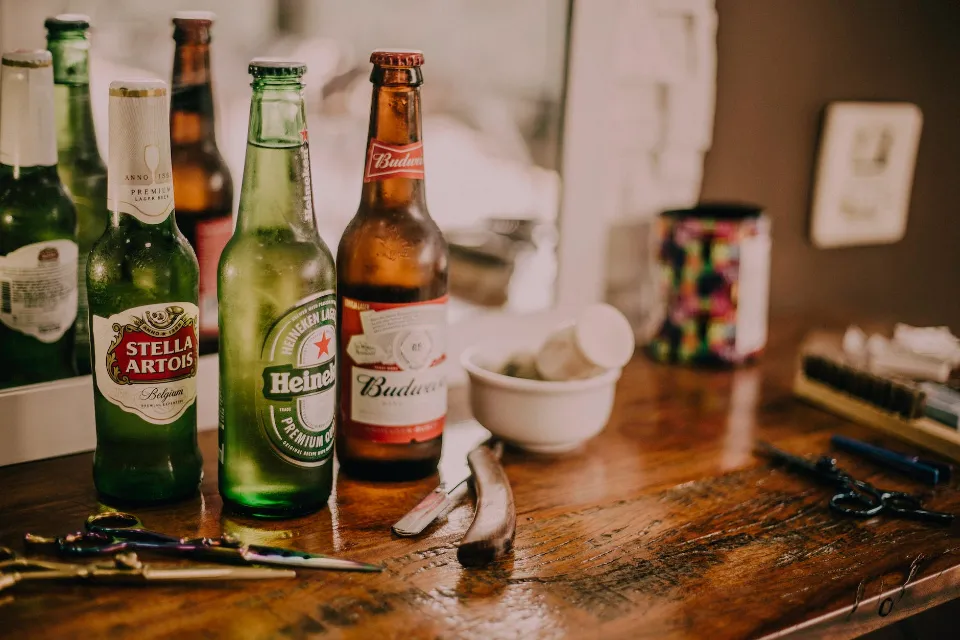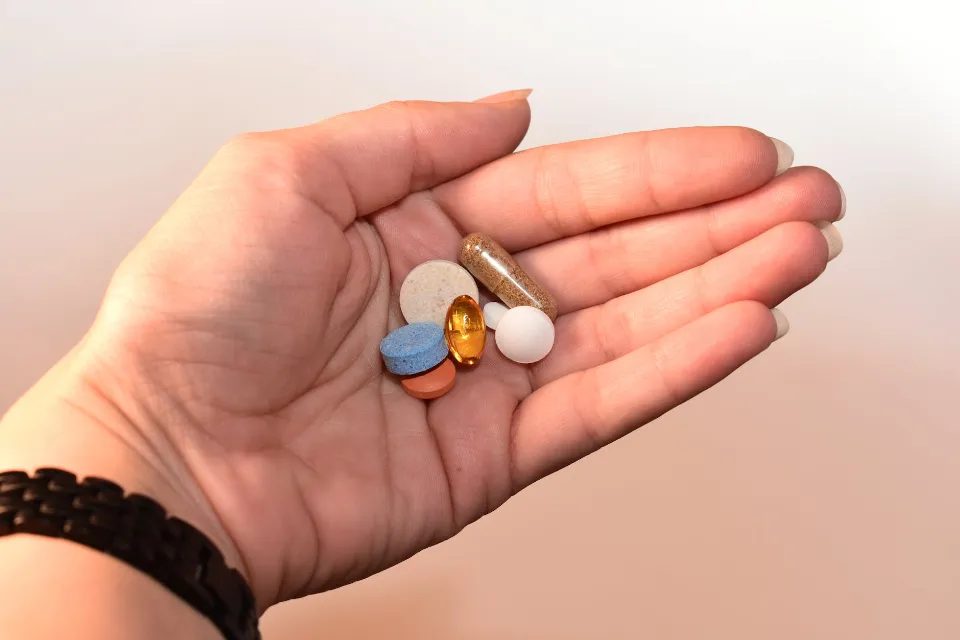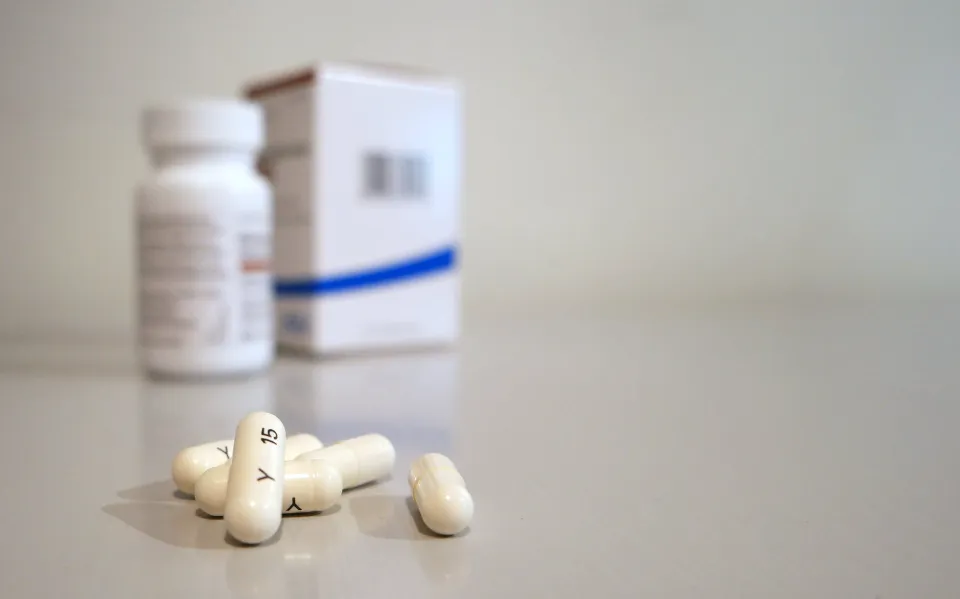Medications used to relieve colds, flu and allergies (such as Sudafed, DayQuil and Tylenol Cold and Sinuses) will help relieve the discomfort associated with these conditions, but will not cure them. These drugs can ease symptoms like sneezing, coughing, and sore throat while you wait.
While these medications can be very beneficial in relieving bothersome symptoms, they can be unsafe if used incorrectly – for example, when taken with alcohol.
So, is it safe to drink alcohol while taking cold medicine? Or, how soon after taking a cold remedy should alcohol be consumed?
Read more: 7 Tips to Cure a Sore Throat After Drinking Alcohol – Elder VIP
Could You Drink Alcohol While Taking Cold Medicine?
Even though mixing alcohol and cold remedies can be dangerous, it’s not always done on purpose. Sometimes people taking cold medications will drink alcohol without realizing it could cause a harmful drug interaction. Unfortunately, some people combine alcohol and cold remedies on purpose to achieve an altered state. Teenagers are particularly vulnerable to the allure of doing this because they might not be aware of the risks involved.
People typically choose to engage in social interactions with alcohol in order to feel more at ease, uninhibited, and upbeat. Having two or three drinks a week isn’t likely to cause negative side effects for most. But excessive alcohol consumption can cause medical problems like high blood pressure and heart arrhythmias. People with preexisting conditions should be cautious when drinking because it could make them worse.

Alcohol stresses the liver, a crucial organ. Consuming too much can harm the liver and cause diseases like cirrhosis, hepatitis, and fatty liver. Alcohol-related cancers may also be more likely to develop in people who binge drink. And combining alcohol with cold medications can result in drug interactions that are dangerous to health.
How Long After Taking Cold Medicine Can You Drink Alcohol?
Side Effects of Drinking Alcohol While Taking Cold Medicine
Possible physical reactions that may arise from mixing alcohol with these medicines include:
- Profound drowsiness.
- Vertigo/dizziness.
- Unrest in the digestive system.
- A tachycardia is a rapid heartbeat.
- Increased risk of bleeding.
- Increased possibility of stomach ulcers.
It can be difficult to combine alcohol with allergy, cold, and flu medications because many people frequently are not aware of all the ingredients in their medications. Most over-the-counter cold and flu combination medications contain multiple active ingredients. When taking one or more cold, flu, or allergy medications, read the labels thoroughly and take note of any alcohol warnings as well as any overlapping ingredients. You can call your doctor or ask to speak to a pharmacist if you have any concerns about what is safe to take.
Prolongs Sickness
One reason to abstain from alcohol while unwell is how it affects your immune system. Your body’s defenses against infection can be weakened if you drink alcohol. Your body may be more susceptible to illness and recovery time if your immune system is compromised.
Alcohol consumption while sick can also delay recovery time by disturbing your sleep. To heal from illness, your body needs to rest. In order to feel better, it’s crucial to get enough sleep. However, drinking alcohol can have a variety of negative effects on your ability to sleep. Even though drinking alcohol can make it difficult to get a good night’s sleep, it might help you fall asleep. Because alcohol interferes with REM sleep, which is the most restorative kind of sleep, you may wake up feeling sleepy. Additionally, it activates a sleep pattern known as alpha activity, preventing your body from getting the deep sleep it requires. Your cold or flu symptoms may worsen if you don’t get enough sleep, and the healing process may take longer as well.
Makes Your Symptoms Worse
The symptoms of a hangover, a collection of unpleasant signs and symptoms that can appear after consuming too much alcohol, are similar to many common cold and flu symptoms. Even drinking a moderate amount of alcohol can worsen these common cold and flu symptoms:
- Headaches and body aches
- Nausea, vomiting, or stomach pain
- Fatigue and weakness
Alcohol can lead to dehydration as well. According to Dr. Segal, we risk becoming increasingly dehydrated when we consume alcohol, and “being dehydrated can make congestion worse.”

Best Answer: About 24 to 48 Hours Later
Prior to the drug leaving your body, which takes 24 to 48 hours after your last dose, it is best to refrain from alcohol. But that doesn’t mean you should drink alcohol when you’re ill; instead, wait until you feel better before doing so. Alcohol also has no effect on cough suppression, despite common misconceptions.
Foods to Avoid While Taking Cold Medicine
Grapefruit
This citrus fruit affects how the body metabolizes some medications. The most well-known effect is that it increases the amount of medicine that enters the bloodstream, causing a higher concentration of the drug and raising your risk of liver damage and muscle wasting. You may need to avoid grapefruit if you take medications for high blood pressure, high cholesterol, thyroid disease, a cough, or heartburn.
Green, Leafy Veggies
You were always told to eat your greens, but if you’re taking blood thinners, you might need to minimize your intake. The medication’s capacity to prevent blood clots may be diminished by the high levels of vitamin K present in green, leafy vegetables. You shouldn’t completely avoid eating greens because this can happen if you abruptly reduce or increase the amount in your diet. Eating them in consistent amounts will keep your vitamin K levels balanced
Tyramine-Rich Foods
The breakdown of tyramine, an amino acid present in a number of foods, can be hampered by drugs such as monoamine oxidase inhibitors (MAOIs), which are used to treat depression and the symptoms of Parkinson’s disease. Blood pressure can rise as a result of excessive tyramine levels in the blood. Common tyramine-rich foods include chocolate, processed meats, aged or mature cheese, and soy products.
Dairy Products
Dairy products, such as milk, yogurt, and cheese, can alter the effectiveness of antibiotics. Dairy is a rich source of calcium, which interferes with some antibiotics and iron supplements, preventing their absorption and resulting in less active circulation in the bloodstream.
Conclusion
Due to the possibility of several dangerous complications, medical professionals advise against drinking alcohol while taking allergy, cold, or flu medications. With increasing drug dosages and alcohol consumption, there is an increased risk of liver damage as well as impaired neurological function.



